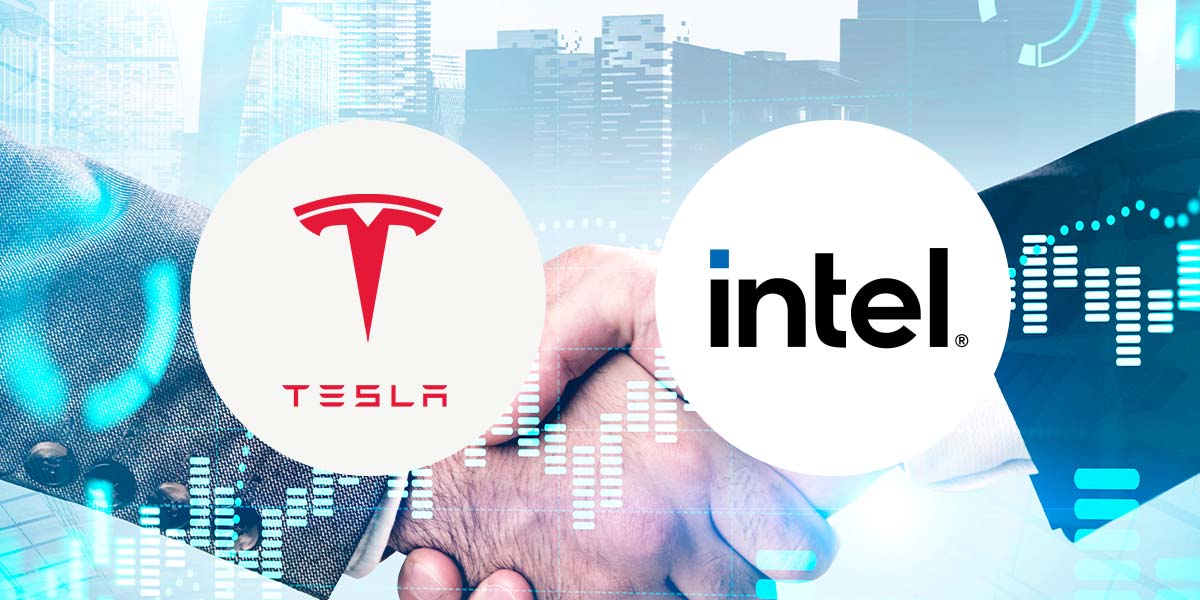Tesla CEO Elon Musk indicated on Thursday that the electric vehicle company may embark on constructing an expansive semiconductor fabrication facility to meet its growing needs for artificial intelligence chips.
Speaking at Tesla’s annual shareholder meeting, Musk revealed that the company is currently developing its fifth-generation AI chips to propel its autonomous driving ambitions, and floated the idea of potential collaboration with U.S. chipmaker Intel.
The move comes as Intel, which has struggled to match AI rivals like Nvidia, ramps up efforts to attract external clients to its advanced manufacturing processes. Intel recently saw the U.S. government acquire a 10% holding, underscoring the firm’s strategic importance amid fierce global competition in semiconductor technology.
Tesla is currently deploying fourth-generation chips for its vehicles’ Full Self-Driving (FSD) features and envisions the new AI5 chip as the centerpiece of future autonomy. The company is already working with established foundries Taiwan Semiconductor Manufacturing Co. (TSMC) and South Korea’s Samsung.
High-volume production of the AI5 chip is not expected until 2027, though a limited supply may be ready in 2026, according to Musk’s recent posts on social media platform X. He also suggested that Tesla’s AI6, the next-generation chip, would use the same fabrication facilities and offer double the performance, with mass production projected for mid-2028.
Even in the best-case scenario, chips from Tesla’s suppliers are still not enough, Musk remarked. He continued, the company will need its own Tesla terafab to to get to the volume of chips it needed.
Musk did not elaborate on the specific plans or timeline for building such a facility but suggested the plant would be designed for a minimum output of 100,000 wafer starts per month—a standard metric for chip manufacturing capacity.
He assured investors that Tesla’s in-house chip would be both cost-effective and energy-efficient, projecting it would consume just a third of the power of Nvidia’s leading Blackwell chip and cost a tenth as much to produce, if his estimates hold.
His remarks came on the heels of a shareholder vote that approved Musk’s historic pay package, reinforcing his vision of transforming Tesla into a force in AI and robotics.





